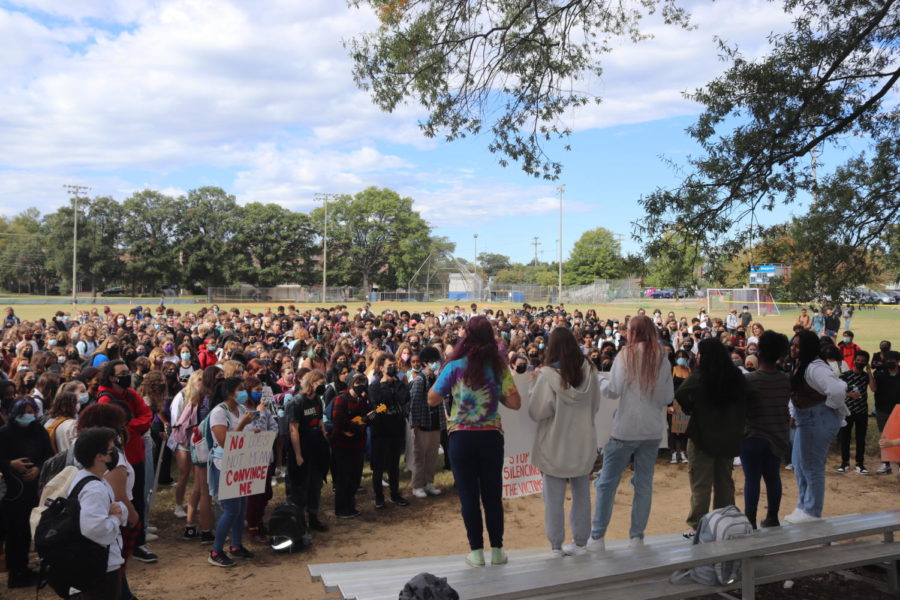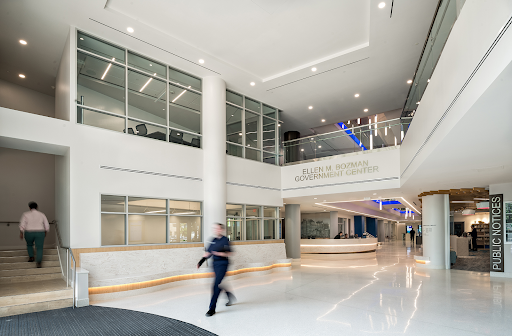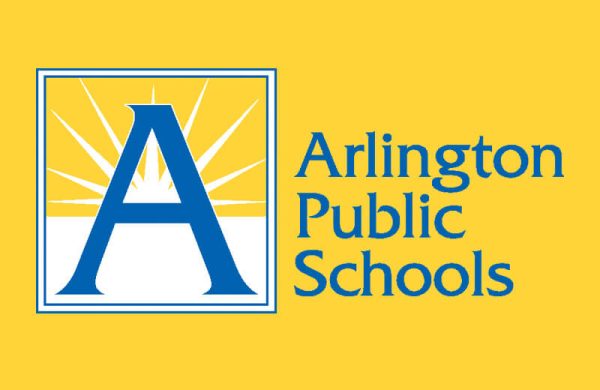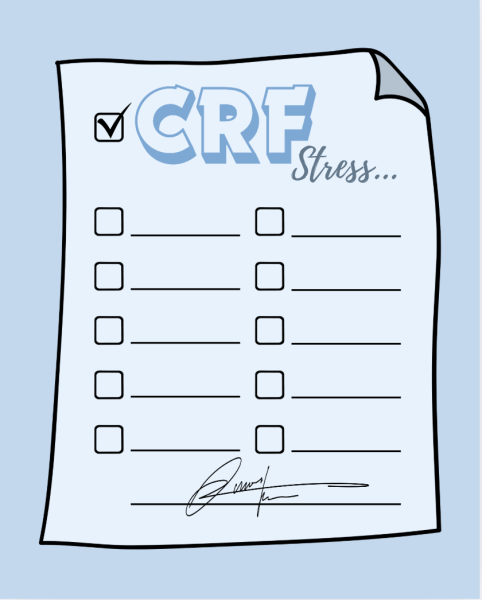APS handling sexual harassment
How sexual harassment and assault cases are processed at our school
Photo of the October walkout at the school
Sexual assault and harassment cases in school have been a topic of great debate around the county and country. Recently, students at various Arlington Public Schools (APS) locations have staged walkouts to protest sexual assault and harassment sparked by several claims of sexual harassment at Yorktown High School. Behind the scenes, administrators at the school have a strict method for processing these cases and that process begins with students.
“I have had a number of students come to my office to let me know that they have experienced [sexual] harassment or assault,” counselor Nicole McCullough said. “I always recommend that [any] student [who is] experiencing what they feel to be assault or harassment [should] come and talk to a trusted adult.”
The school’s counseling department is often the first to hear about these cases. They provide emotional support for students and help determine if further action such as police reports should be taken.
“If a student were to report [either] sexual assault or harassment, we have to report that to an administrator,” Ms. McCullough said. “In some cases in the past, I’ve had to then report a crime to the police. We have to figure out our next steps after the report is made, but if there is sexual assault or harassment [the case] always goes beyond the counseling office.”
Other exceptions to counselor confidentiality include situations where the student is physically harming themselves, being harmed, or harming others. Counselors are required to take these cases to administrators and other outside sources.
“What you say in here stays here,” Ms. McCullough said in reference to a poster on the wall of her office. “Unless you’re being hurt, hurting yourself, or if you know that someone is being hurt. Sexual assault is very harmful and that’s a time when we would have to breach confidentiality to make sure the student is safe and make sure that [the sexual assault] doesn’t continue.”
Along with counselors, teachers are often the first to hear about or witness cases of sexual assault or harassment in their classrooms when these situations do arise.
“At the beginning of the school year, [during] teacher week, we have mandatory health training that we have to do,” math teacher Karen Hatchl said. “We have to do online modules [and] watch videos where they talk about it and then we have to answer questions. You can’t advance until you get [a certain number of questions] correct. You really have to pay attention to the videos [to get the questions right].”
This training is done once a year by teachers and counselors at the school. With online training, teachers are told what to do if they witness an act of sexual assault or harassment in classrooms.
“If [teachers] suspect that [a sexual assault is occurring], [they] need to report it,” Ms. Hatchl said. “I would always report it to a counselor and the student’s [assistant principal]. That’s our first step because then [the counselors and administrators] know how to take [the case] to the proper authorities to investigate.”
Due to the amount of time students spend around teachers, they may build strong connections with them and feel more comfortable sharing their experiences. Ms. Hatchl encourages students to seek help if they have been harassed or assaulted.
“I think as long as students are connecting with at least one adult at school, hopefully that gives students the comfort to be open and honest and feel that they can share [their experiences],” Ms. Hatchl said. “Teachers can then get the kids the help they need. I think student-teacher relationships are the key to being able to detect [these cases] so that they can be reported.”
When these cases are reported by counselors or teachers, assistant principals open a school investigation into the situation. Most police involvement in these cases comes from the students’ guardians, especially in cases where students are assaulting or harassing other students.
“After the police act, we look at whether there needs to be anything put in place [due to the situation] at the school level,” Director of student activities Carol Callaway said. “Police determine if anything illegal occurred.”
As the school’s Title IX coordinator, Ms. Callaway is involved in reviewing cases of sexual assault or harassment. Simply put, Title IX prohibits discrimination on the basis of sex in any education program. It protects students against gender-based harassment, which includes sexual harassment and assault.
“It’s a state expectation that every school have a Title IX coordinator,” Ms. Callaway said.
“So every Title IX case that comes through, [meaning] any sexual assaults or accusations, are documented. Anything in this school comes to me as the Title IX coordinator for extra review to make sure that we felt we followed through [with] a fair process for each one of the persons involved. There [are] a lot of eyes on a case to make sure [the case is] being treated as fairly as possible.”
Cases of sexual assault and harassment are also reported to other administrators above the school level, but Ms. Callaway is the person who keeps record of these cases.
“The school looks into what’s happening and what actions need to be put in place to ensure that everybody feels like they can continue to get an education in a safe environment,” Ms. Callaway said. “The school can take actions [without police involvement] to try to discourage any type of that behavior [from] happening again.”
As principal, Mr. Antonio Hall is involved in cases of sexual assault and harassment that involve students at the school. Mr. Hall works alongside Ms. Callaway and the assistant principals to handle the administrative actions behind these cases.
“[Our goal is to] provide spaces and opportunities for people to come forward,” Mr. Hall said. “Then provide the support that they may need. I think those things are critically important beyond the scope of just being a principal. Just [speaking] as a fellow citizen, sexual harassment and sexual assault are not okay. Doesn’t matter what gender you are, doesn’t matter what race, creed, or religion you are. It is not okay under any circumstances.”
Overall, the goal is for students to feel safe in school. The school’s administration encourages students to seek help if they have been sexually assaulted or harassed.
“I am so proud of students that have been able to make these reports so that the perpetrators can have consequences,” Ms. McCullough said. “I strongly suggest [that students] report [these incidents]. If something like that happens to a friend and they’ve confided in you, please recommend that they talk to a trusted adult about it and report it.”












